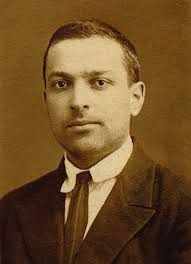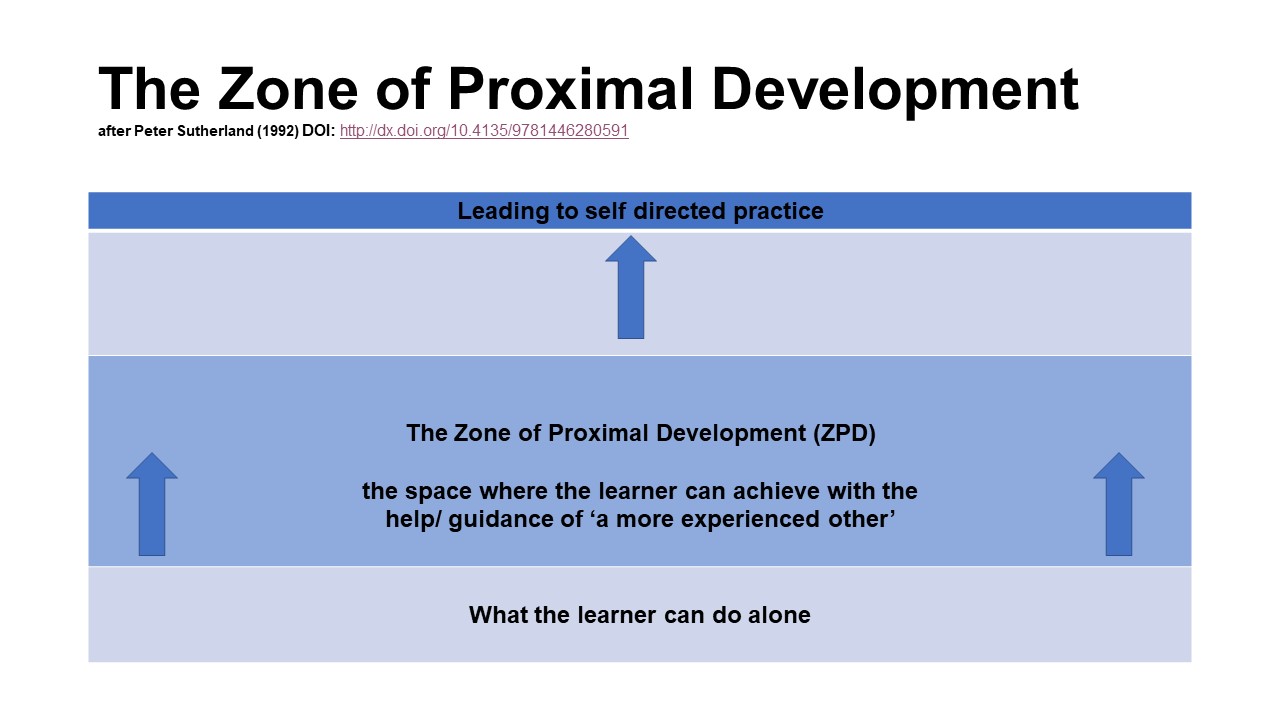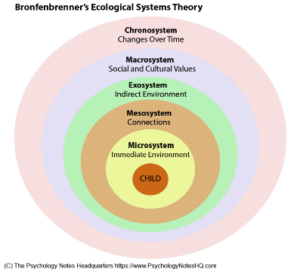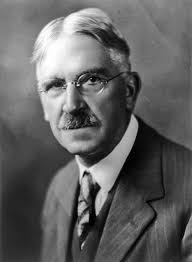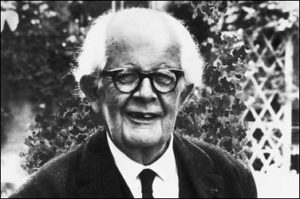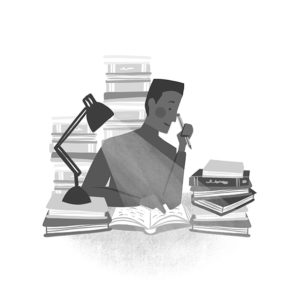
Author: Fiona Smart
| Educational developers have at their disposal a plethora of theoretical perspectives from which to draw, so much so that there is risk of feeling overwhelmed. And there is also the potential to feel the need to hang your hat on one particular view of way to understand your own practice and that of others, so as to see the opportunities for enhancing either or both. |  |
||
 |
Here we suggest that rather than choose one theorist, or one perspective, it might be advantageous to have a range of possibilities to work with – a more pick and mix approach which might make your practice more adaptive and potentially more tolerant and respectful of individuals who seem to have very different views on the world and student learning. | ||
 |
In making our suggestions we are not advocating the ‘rightness’ of any, although we do have our favourites – the ones we go to when we’re stuck and looking for inspiration, or perhaps a framework for reflection.
PS: mine are Bronfenbrenner and Vygotsky, which explains why they feature first. |
 |
|
Lev Vygotsky 1896 - 1943
|
Recognised as a socio constructivist – someone who recognises the significance of both culture and the environment in the way we understand our world.
Check out the Zone of Proximal Development which developed out of Vygotsky’s ideas[2]
|
||
| Bronfenbrenner’s Ecological Systems Theory proposed that human development unfolds in a nested set of systems, involving cultural, social, economic and political elements, not merely psychological ones. These systems and their interactions can nurture or stifle optimal development[3]. | 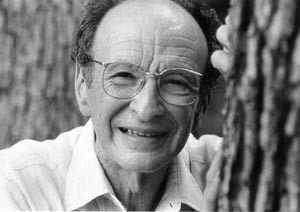 |
Typically, a child situates in the middle of the ecosystem, but how might it help your thinking, and agency in your role, if you put student (the higher education learner) in the centre?[4]
|
|
| [5]
John Dewey 1859 - 1952 |
John Dewey’s influence and impact situates in four areas:
1. His belief that education must engage with and enlarge experience. 2. Second, his exploration of thinking and reflection – and the associated role of educators – which has been further developed by David Boud and Donald Schön. 3. His attention to interaction and environments for learning provide a continuing framework for practice. 4. His passion for democracy, for educating so that all may share in a common life, provides a strong rationale for practice in the.[6]
To develop your appreciation of Dewey and his legacy, perhaps read more about Schon’s work on reflection in and on action[7]. |
||
| “Education either functions as an instrument which is used to facilitate integration of the younger generation into the logic of the present system and bring about conformity or it becomes the practice of freedom, the means by which men and women deal critically and creatively with reality and discover how to participate in the transformation of their world.”
Paulo Freire, Pedagogy of the Oppressed[8] |
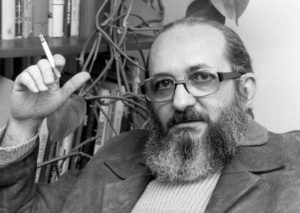
Paolo Freire 1921 - 1997 |
It is worth exploring Freire’s thinking on banking education. Perhaps start here[9] | |
| [10]
Jean Piaget 1896 - 1980
|
Jean Piaget's theory of cognitive development is well-known, but it is not without its critics. Much of the concern with that which proposed concerns his presentation of cognitive development as progressing through a series of discrete, progressive stages, following a smooth and predictable path. And yet, the theory has had a considerable impact on our understanding of child development[11].
You may not feel drawn to Piaget’s thinking because of the critique which attaches to it. However, we recommend you think about how in higher education we might deliberately create situations in which our students experience disequilibrium[12] so they might learn and develop. |
||
 |
There are lots of other theorists/ theoretical perspectives. We’d loved to hear about the ones you find helpful in your practice as an educational developer. | ||
 |
For now, maybe think about how you consider theoretical perspectives? Are they burdens/ weights which drag you and your thinking down?
Or do they help you to consider alternative perspectives? We’re hoping it’s the latter, but again would love to hear from you. |
 |
|
Further Reading
Aubrey, K., Riley, A. (2016). Understanding ad Using Educational Theories. London: Sage
Bates, B. (2016). Learning Theories Simplified. Los Angeles: Sage
[1]https://jobalhatchet.wordpress.com/understanding-and-supporting-behaviour/theorists/
[2] https://insider.fiu.edu/instructor-presence-matters/
[3] https://bctr.cornell.edu/about-us/urie-bronfenbrenner
[4] https://www.psychologynoteshq.com/bronfenbrenner-ecological-theory/
[5] https://www.slideshare.net/sjestus/learning-theory-constructivism-12333069
[6] https://infed.org/mobi/john-dewey-on-education-experience-and-community/
[7] https://content.iriss.org.uk/reflectivepractice/practitioner.html
[8] https://beautifultrouble.org/theory/pedagogy-of-the-oppressed/
[9] https://www.reference.com/world-view/banking-concept-education-bcfa753a13e73da6
[10] https://www.slideserve.com/brede/cluster-2-anita-woolfolk-s-educational-psychology
[11] https://www.verywellmind.com/support-and-criticism-of-piagets-stage-theory-2795460
[12] https://www.britannica.com/science/cognitive-equilibrium
Learning Theories Timeline: Key Ideas from Educational Psychology https://www.mybrainisopen.net/learning-theories-timeline/
*************************************************************************************************

This work is licensed under a Creative Commons Attribution 4.0 International License.

